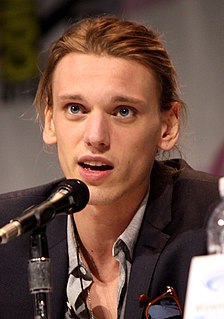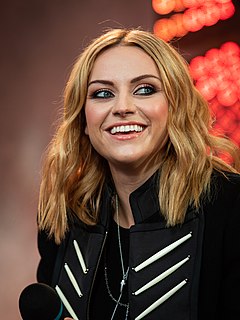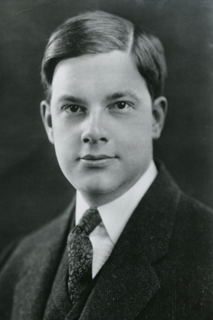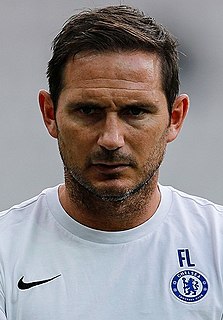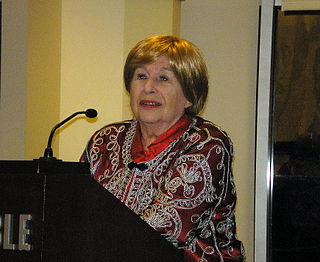A Quote by Douglas Adams
I wanted to be a writer-performer like the Pythons. In fact, I wanted to be John Cleese, and it took me some time to realise that the job was, in fact, taken.
Related Quotes
I felt that there could be some anger. There could be some frustration that he has the tendency to take over the room, but I wanted all of those things to show in the grays of her hair and the fact that her hips are much wider than they probably were when she met him. I wanted it to show in the fact that her hair is not done up all the time. I wanted it to be a part of that every day that wasn't in your face. Because then for me, that's overacting. To me, that's not "being." I wanted Rose [in "Fences"] to be many things.




